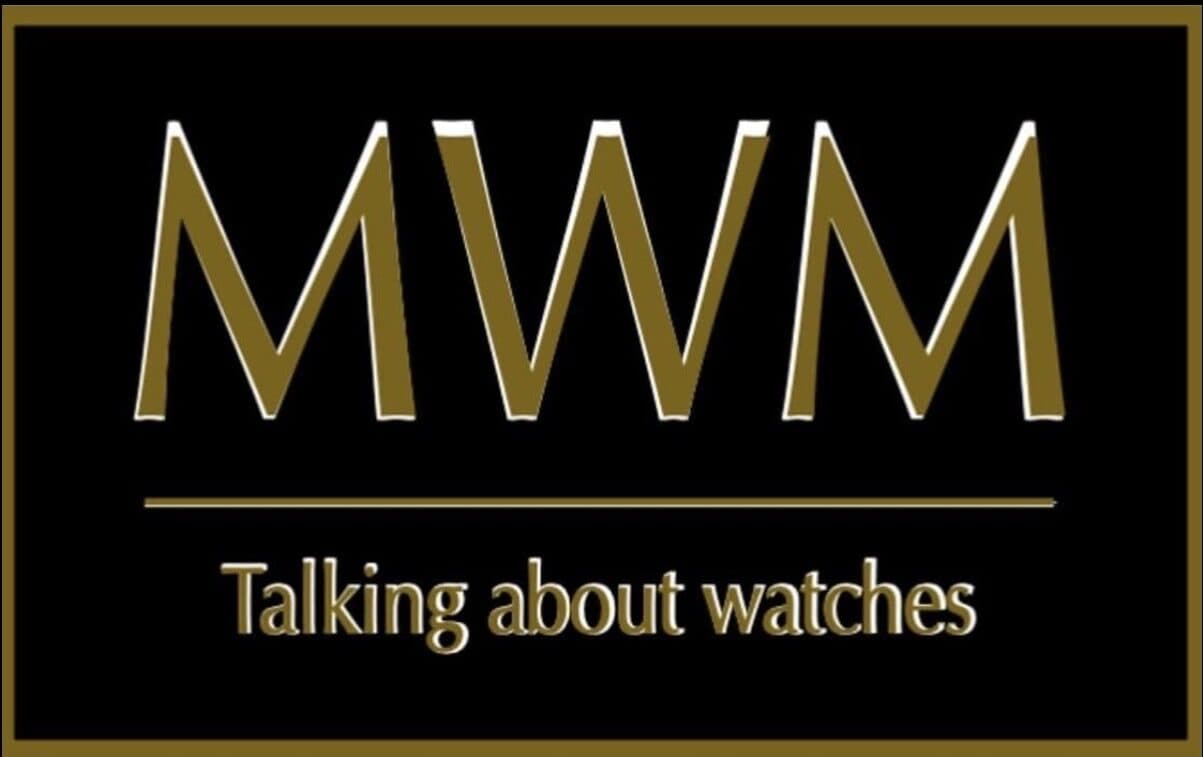Next we meet historian and author, Alun C. Davies, who has written about the watch industry for many years and its impact on social history.
Alun was educated at the Universities of Aberystwyth and Princeton and retired in 1999 after thirty-three years at The Queen’s University of Belfast as Reader (and former Head of Department) in the Department of Economic and Social History. His latest book is The Rise and Decline of England’s Watchmaking Industry, 1550–1930, has been well received.
We hope you enjoy hearing his insightful views on the history of the watch and clock industry and where it’s heading.
MWM: How is Business?
ACD: Slowing down, as I am.
My business is History, and in this context, the history of the horological Industry in Britain during the great era, spanning nearly four centuries, of the mechanical watch.
In this period, the English industry flourished, then declined and died. It was resurrected, briefly, in the 1930s, and more recently, by individual artists and small firms. But supplying the now vast world market had moved elsewhere.
MWM: What are you working on?
ACD: I’ve retired from active research, and am now catching up on general reading, put on the back-burner for the last few years. There are a few unread books on my shelves that I’d not had time for, in the last five or six years when I was putting my book together, from past papers and earlier research notes.
MWM: What don’t we know about you?
ACD: I went to Alaska to teach university Summer Schools there, every two or three years during the 1980s, and 90s. This incidentally greatly encouraged my interests in the chronometers and watches taken by Captains Cook and Vancouver to aid in determining longitude when they mapped the Pacific in the late 18th century. It led to my papers given in the bicentennial conferences, in Vancouver and Anchorage in the early 1990s.

MWM: What watch do you wear?
ACD: I’m on my third replacement of a (simulated) gold Casio Quartz (below). It’s v modestly priced, but has several useful functions — day date month; stopwatch, two time zone capability; and very accurate quartz time.
It appeals to me as an example of something that would have greatly simplified things for Cook and Vancouver, had they had one!

MWM: What are the best and worst aspects of the Watch and Clock industries?
ACD: Best….was the industry’s remarkable inventiveness and innovations during the era of mechanical Horology.

Worst….was the English industry’s resistance to addressing the needs of a mass market, after its remarkable technological adaptiveness. Clerkenwell (the centre of English watchmaking) mostly addressed the needs of a small luxury market, not the huge mass market growing in the world. But this makes it all the more interesting for historians to try to explain why.

MWM: What’s on horizon for you?
ACD: Reading what other historians…and especially horologists…like Mr Watchmaster’s readership… make of my attempt to describe what happened to the English industry’s Rise and Decline.
Alun C. Davies’ book, The Rise and Decline of England’s Watchmaking Industry, 1550–1930, is available in paperback from September 2023.


A nice interview but doesn’t really touch on the great richness of ideas that Alun is responsible for. A fine historian with original perspectives on the past, living and working in a city where time seemed to move backwards for several decades.
Thank you for your comments, which are greatly appreciated. Our interviews are intended to give our audience a flavour of the personalities across the horological industry and encourage them to seek our more information